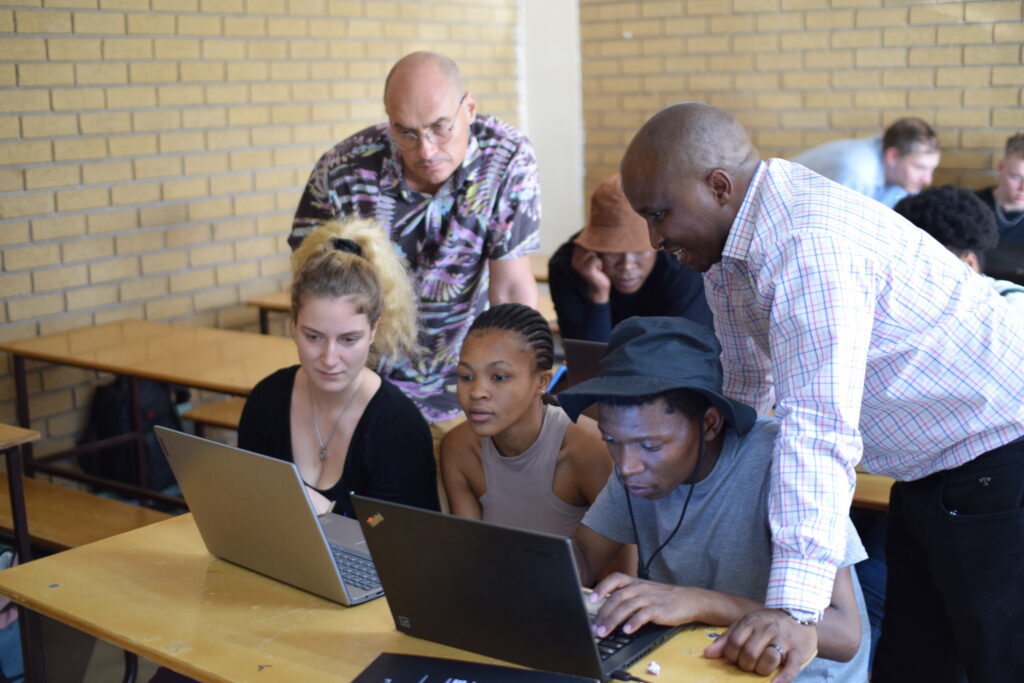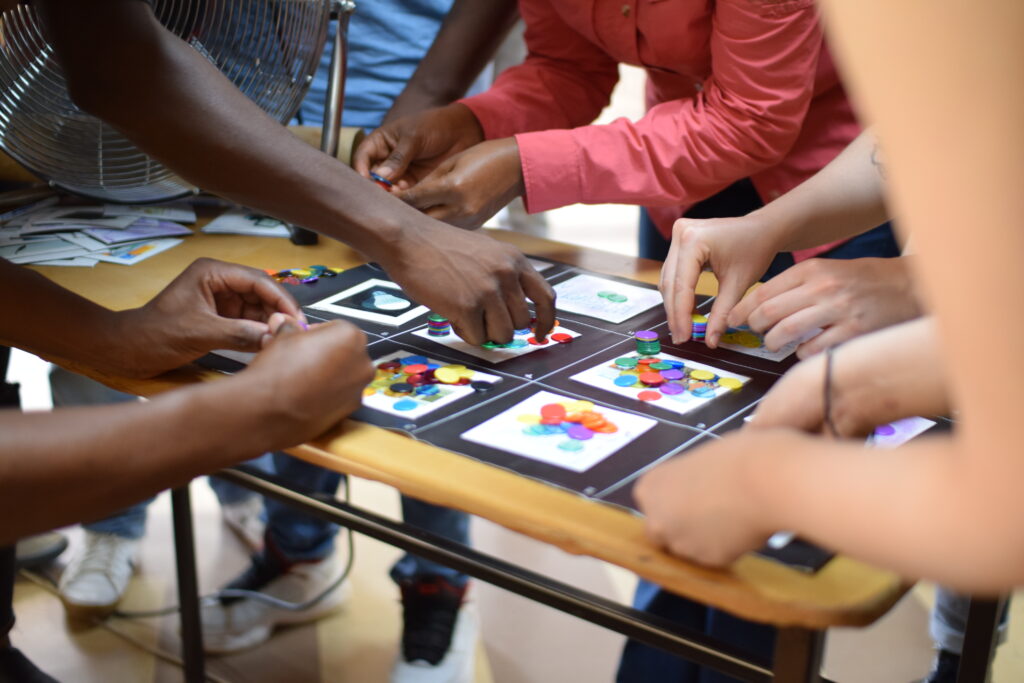In February 2024, a group of six students representing Aalto University and University of Turku, working on their project course Sustainable Global Technologies (SGT) Studio, undertook an intensive study visit to Lesotho, joining the course Sustainable Energy Solutions for Communities offered by National University of Lesotho. The intensive course consisted of lectures, case studies, presentations, simulations and a field trip.
During the course, the students learned about sustainable development, sustainability in everyday life, energy consumption, technology adoption patterns, inclusivity, role of gender in energy, designing and simulating hybrid energy solutions, community participatory design, environmental and impact assessment of energy projects, assimilation of technical and socio-economic content, global dataset in local contexts and urban lighting in sustainability.

The international learning mobility, which was supported by the EDUCase DEPLOY, TFK PROPEL and Erasmus+ LETSEMA projects, incorporated a week of intensive study on the course, in addition to extracurricular trips and events for the students, including participation in the E+ LETSEMA Kick-off Meeting. Participating students had the opportunity to get to know energy-related challenges in a Global South context first-hand, while also building essential intercultural and project management capacities.

After the week was done, the students had the following to say about their experience in Lesotho:
“This gap in knowledge sharing [expertise in sustainable energy] across the country creates a significant obstacle to the widespread adoption of sustainable energy practices.”
“During our visit, we saw how access to electricity had already created new job opportunities for locals.”
“Reflecting on our work in Lesotho, we have seen up close the tenacity and creativity with which the local people approach energy challenges.”
Read the full account of the students’ experience on the Aalto University website.
This mobility activity was co-funded by the Erasmus+ Programme of the European Union. The views expressed herein are of the students’ who participated in the mobility and do not reflect official stance of the European Union.

